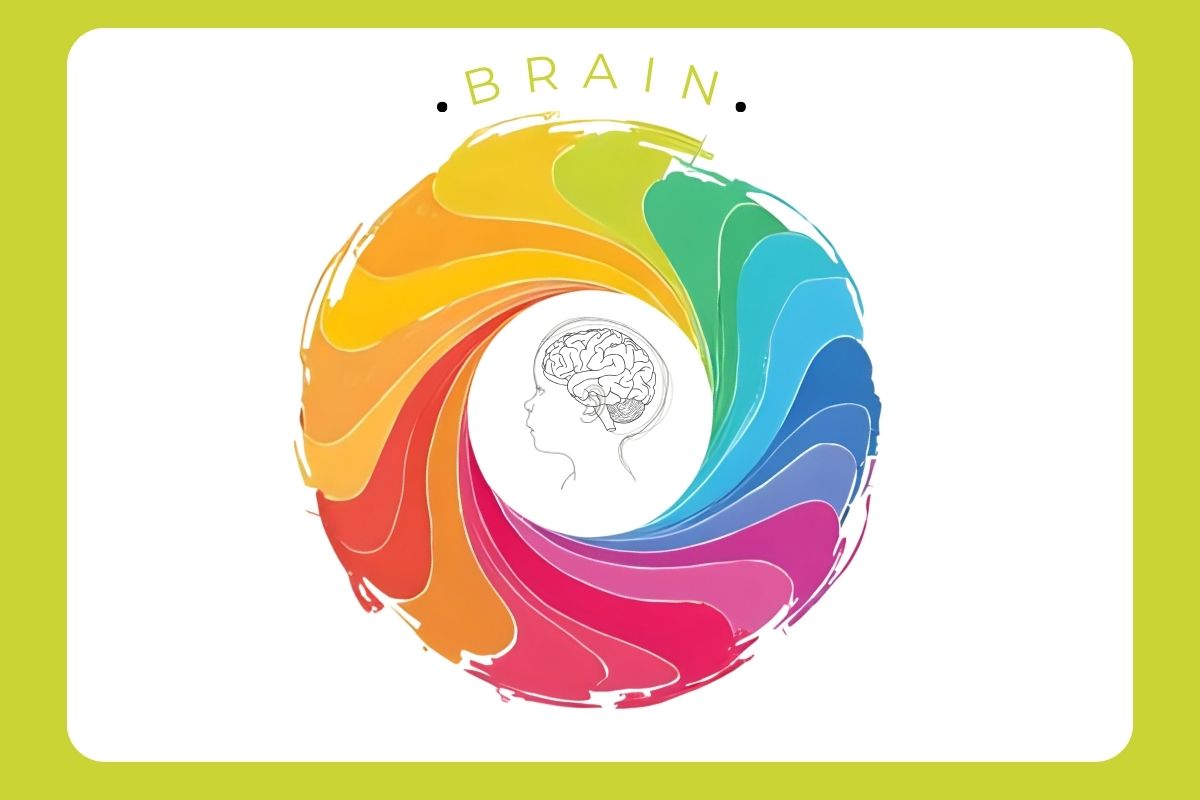Early Brain Development
Overview
This course offers an in-depth exploration of early brain development, focusing on how biology and experience shape learning in the first eight years of life. Educators will learn how neural systems, critical and sensitive periods, and experience-dependent development influence children’s cognitive, emotional, and behavioral growth. Drawing on neuroscience, developmental theory, and classroom-based practice, the course empowers educators to recognize how everyday interactions—through language, play, relationships, and routines—shape the brain. Participants will explore the functions and trajectories of different brain regions, the impact of early life experiences and stress on neural development, and the strengths and needs of neurodivergent learners. Through practical strategies rooted in neuroplasticity, educators will be equipped to create inclusive, brain-friendly environments that support all learners.
Learning objectives
- Understand the core processes of early brain development, including synaptogenesis, pruning, neuroplasticity, and the roles of key brain regions involved in language, emotion, and learning
- Recognize how environmental experiences, relationships, stress, and individual differences shape the developing brain—and how these factors impact classroom learning, behavior, and social-emotional development
- Apply evidence-based, neuroscience-informed strategies to support healthy brain development across diverse learners, including those who are bilingual, neurodivergent, or have experienced adversity
